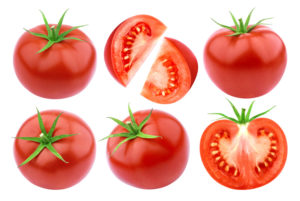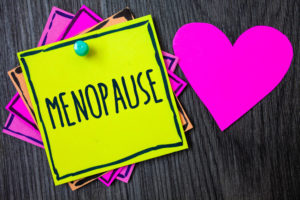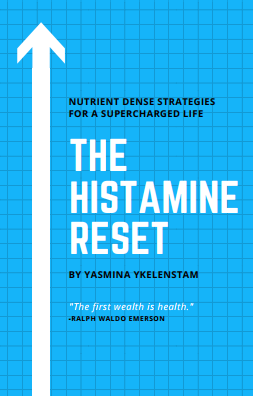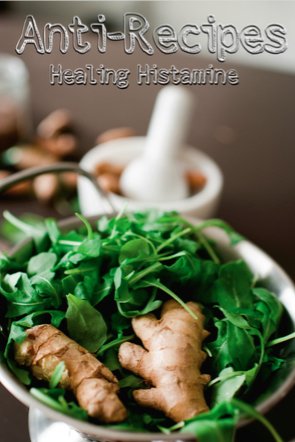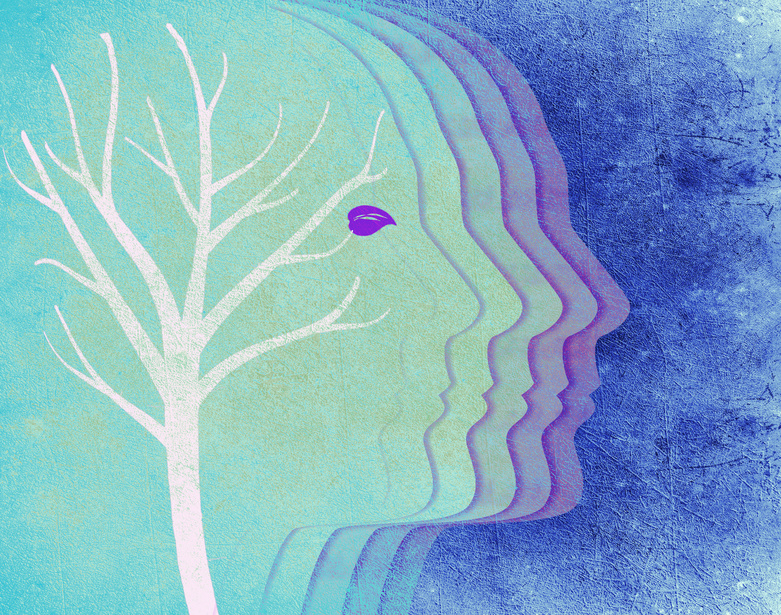 Researchers have suspected that brain transmitters play a role in cognitive decline for some time. Now they’ve proven that changes in brain histamine can predict oncoming cognitive defects. Read on to learn the role of histamine and inflammation as a whole on the brain, and how we can address it.
Researchers have suspected that brain transmitters play a role in cognitive decline for some time. Now they’ve proven that changes in brain histamine can predict oncoming cognitive defects. Read on to learn the role of histamine and inflammation as a whole on the brain, and how we can address it.
WHAT IS ALZHEIMER’S?
It’s a progressive disabling and ultimately lethal disorder with no permanent cure. It’s main hallmarks are a deterioration of learning and memory. We’re all pretty familiar with the symptoms by now, so I’ll spare us. Seeing my grandmother live it (and my mother’s response to it) was the hardest thing I’ve done. Alzheimer’s accounts for 50-70% of all dementia cases. While it can be genetic, as carried through the APOE4 gene, these cases represents only 5% of all diagnoses. Researchers have long followed the theory that amyloid plaque deposits in the brain are to blame, and yet have so far failed in attempts to reverse it using drugs targeting them. So the focus in recent years has shifted to focus on neurotransmitters. The glutaminergic and acetylcholinergic system* (can be affected by certain anti-cholinergic drugs) are now being investigated for a role in Alzheimer’s; while the serotonin, dopamine, and noradrenaline systems are believed to simply be casualties once the neuro-degeneration kicks in. While the root cause/s aren’t really yet understood, it’s clear so far that exercise, diet and sleep play a role. *Ask your doctor about avoiding anti-cholinergic medications that have been shown to worsen dementia/memory loss. I’ve written about it here. HOW DOES HISTAMINE FIT IN?
HOW DOES HISTAMINE FIT IN?
- We know that histamine is involved in how memories are made, and kept. Any kind of stress can trigger histamine release, thereby affecting memory.
- Histamine in excess can cause hyper-wakefulness and excite the nervous system. This is particularly relevant in Alzheimer’s patients who experience night terrors and inability to sleep.
- Antihistamines have been demonstrated to alleviate cognitive symptoms
- Mast cells are involved in Alzheimer’s (read more here) and mast cell stabilisers (which prevent histamine release too), have been shown to alleviate symptoms
- The final point relates to antihistamines that work on the H3 receptor. There are four histamine receptors and they’re found all over the body, including the brain. They’re like satellite dishes that tune in to histamine. If their signal is blocked by an antihistamine, we have fewer symptoms. But not all antihistamines work on all receptors. Claritin is an example of an H1 antihistamine, and Zantac of an H2 blocker. H3 blockers are not very commercially available yet right now. Researchers believe that antihistamine treatment can be beneficial even though it doesn’t address the root cause (which they’re not even sure of right now anyway).
steps TO ADDRESSING HISTAMINE INFLAMMATION OVERALL
Inflammation affects the brain. We know this. While addressing inflammation as a whole might not have a direct impact on neuro-degeneration, I’ve found that it helps with my memory in general. It’s difficult to think straight when you have brain fog after all.- Examine your diet for nutrient deficient high histamine foods. You can find some lists here.
- Start an exercise plan: walking, light yoga, anything is better than nothing. Studies show it helps prevent cognitive decline.
- Try to work on your sleep habits: histamine can cause brain arousal late at night and stop you from sleeping. Lowering inflammation in the diet overall and eating the last meal earlier has helped me sleep much better.
- Look at beneficial supplements: bacopa, quercetin (specifically Neuroprotek), anything that helps address inflammation.
- You’ll find more recommendations here.
BENEFICIAL FOODS
Adding in foods with anti-inflammatory and antihistamine properties may be helpful in achieving an overall state of good health and lower inflammation. These include broccoli, asparagus, butternut squash, all green herbs, artichokes, blueberries, and blackberries. That’s the foods I use in all my books, in fact there’s barely a food in any of my books that doesn’t have these properties. You’ll find recipes full of foods with antihistamine and anti-inflammatory properties my books Anti-Recipes and The Anti-Cookbook. But if you’re struggling to find foods you can eat, or dealing with multiple sensitivities, you’re probably better off putting together your own healing plan.CLICK HERE TO CREATE YOUR OWN PERSONALISED HEALING HISTAMINE PLAN.
—— REFERENCES——-“Histamine, mast cells & Alzheimer’s | Healing Histamine.” Healing Histamine | Histamine Intolerance Diet Foods Recipes, 7 Sept. 2017, healinghistamine.com/inflammation-histamine-implicated-in-alzheimers/.
“Neuronal histamine and cognitive symptoms in Alzheimer’s disease.” Neuropharmacology, Pergamon, 27 May 2015, www.sciencedirect.com/science/article/pii/S0028390815001884#bib9.





